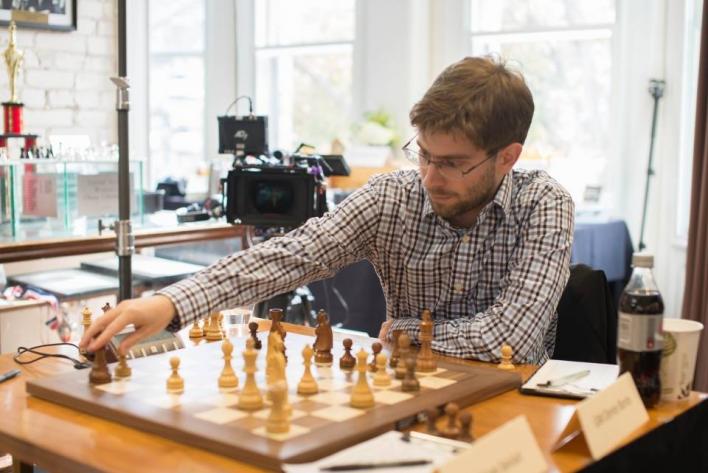
by Denes Boros
Let me start with a personal confession: When I was really young, I wanted to quit chess. It felt too competitive, too stressful. Years passed and I realized that something was missing from my life. I realized that I had a passion for the game and I wanted to play again; so, I asked my parents if I could start playing chess again and they said yes. I returned to chess, grittier than ever, with the ambition to catch up with my childhood rivals… and I eventually did!
Grit is an important part of education. High school, and college students, who persevere are more likely to graduate, and they are also more likely to pursue post-graduate degrees. Chess players learn early on that results only come with hard work. I saw many players who couldn’t handle success or failure and eventually burned out. Eventually, those who persevere learn how to deal with defeats and learn how to become gritty and disciplined. I believe there could be a correlation between great academic results and being a gritty person.
According to Rotter (1954), locus of control is the degree people believe in their own capabilities of controlling the events that surround them. In my personal example, I showed what Rotter (1954) calls, an “internal locus of control”, which means that the individual believes in controlling his own fate, while the opposite is called external locus of control. I believe that people who continued playing chess, and were gritty enough to not give up, have the transferable trait of grit.
Recent studies are growing on the importance of grit and chess is famous for building character. That’s why I believe chess can become a useful tool in the future, as it can help students persevere in tough times!
Rotter, J. B. (1954). Social learning and clinical psychology. New York: Prentice-Hall.


